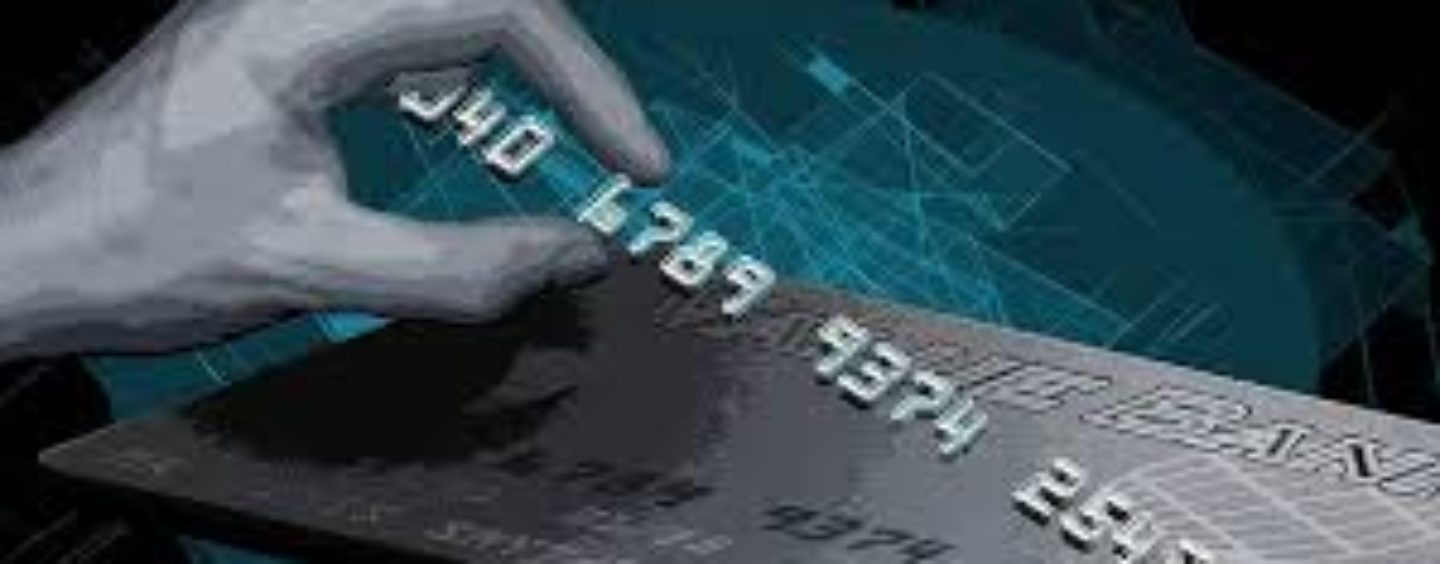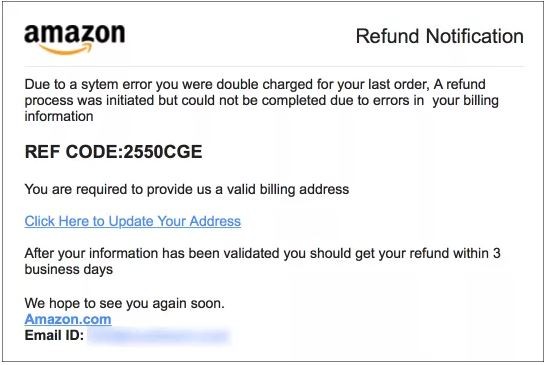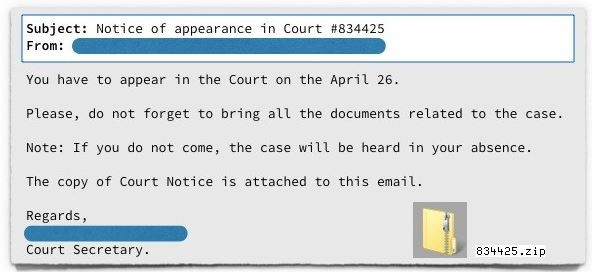As safe as the internet may seem at times, every day it becomes more frightening for individuals and their personal identities that are at risk from scam artists. As scammers continue to amp up their game, things are getting worse for the FBI and other government officials, such as the FTC, who have issued several warnings this year about weak encryption, ransomware and phishing scams.
Of all the scams we’ve seen this year, there’s a handful that truly stand out. These aren’t your run-of-the-mill scams that fool a few hundred people. These scams have been so effective, they’ve fooled hundreds of thousands, even millions of people. And, the worst part is, they’re still out there wreaking havoc.
RELATED: Online Shopping Tips to Keep Close to Your Wallet
That’s why we’ve rounded up the top five scams you need to look out for.
1. FACEBOOK FAKE ‘FRIEND’ REQUESTS
You probably get friend requests on Facebook all of the time. Normally you wouldn’t think twice about accepting a request from a familiar face or longtime friend. But you should ask yourself: “Am I already friends with them?” If the answer is yes, the request is likely a scam by someone up to no good.
The tactic works like this: A criminal re-creates a random person’s existing Facebook profile using that person’s profile picture and “About” information. The criminal then uses the phony new profile to send friend requests to the real person’s Facebook friends.
If you accept, you’ve just given this stranger access to the many personal details on your profile: status updates, location, date of birth and photos. Those simple details, in the hands of today’s cyber criminals, can be used to steal your full identity and wreak havoc with your entire life. Posing as you, the scammer can also message your friends asking for money or trying to meet up in person.
What to do: If you get a friend request from an existing friend, verify that it’s real. And of course, be very wary of friend requests from people you don’t know.
Your best way to stay protected is to tighten your security settings. Click here for a complete guide on how to lock down your Facebook account for maximum privacy and security.
2. “GAME OF THRONES” PHISHING SCAM
The hugely popular hit HBO show “Game of Thrones” was the most pirated program last year. It’s been a constant problem for HBO and the company often has to send out warning emails to users and takedown demands to torrent sites.
But now, even if you’re not pirating “Game of Thrones” you could get one of these notices – but it’s not what it seems. Scammers are sending spoof warning emails from HBO in order to get victims to send over some serious cash.
The spoof emails instruct the victim to pay a few hundred dollars as part of a settlement for being caught pirating Season 6, Episode 10 of “Game of Thrones.” The email reads:
“On this regard, request is hereby made that you and all persons using this account immediately and permanently cease and desist the unauthorized copying and/or distribution of the Work listed in this notice. You may also be liable for monetary damages, including court costs and/or attorney fees if a lawsuit is commenced against you.”
The email later says you only have 72 hours to complete your settlement, otherwise further legal action will be taken.
Here’s a copy of the full scam email:
This is a very convincing email and could easily fool most people. Knowing what HBO’s real cease and desist letters like look could keep you from falling for the fake one. Here is a copy of the real thing:
Note that the real letter does not demand money. It also names the specific IP address, whereas the fake email does not.
RELATED: Safeguard Against Money Fraud
3. THE UP-FRONT FEE CREDIT CARD
This particular scam targets individuals who are interested in credit cards. The criminal sends an email letting the recipient know that they have been approved for a premier consumer credit card with an immediate line of credit – guaranteed. All they need to do is send in an up-front fee.
Some reputable credit card companies do charge an annual fee, but they are never paid for in advance. Those fees are always added to the card’s balance and you would never send the money up-front.
An even more obvious version of this attack offers a pre-approved mortgage loan. Some of the loans are worth hundreds of thousands of dollars. The scammer offers the victim an incredible loan amount without even knowing their credit score. To secure the loan the victim has to pay an up-front fee, of course.
Even though these types of scams seem like they would be easy to spot, they do work. Especially, on people dealing with financial problems.
4. AMAZON PHISHING EMAIL
With Amazon having over 300 million active customer accounts it’s no wonder hackers consider it a great place to target victims. A phishing scam currently making the rounds is targeting customers of the online retail giant.
The latest email to keep an eye out for claims to be from Amazon and says that you’ve accidentally been charged twice for your last purchase. In order to get refunded, you’ll need to update your account information.
But guess what? The email is a fake, designed to take you to the cleaners. Here’s what it looks like, as presented by blogger Kirk McElhearn, who is sounding the alarm that this scam is resurfacing:
If you’ve seen an email like this use caution before clicking on anything. Do not click on any link that sends you to a different site. You can navigate to the company’s site yourself without using the provided link.
If you’re not sure you can spot the signs click here to take our phishing IQ test to see if you can tell a real email from a fake.
5. RANSOMWARE EMAILS
You’ve heard a lot about ransomware attacks recently. They’re scary because hackers lock up your computer files until you pay up.
The most common way cybercriminals are infecting your digital devices with ransomware starts with a phishing email scam. If they can trick you into opening an attachment, like the one in the phishing email scam below, they’ll encrypt your computer files in no time. If it’s a well-made ransomware like Locky, there’s almost no way to get your computer files back, without communicating with the criminals and paying them.
Original article published on Komando.com.












